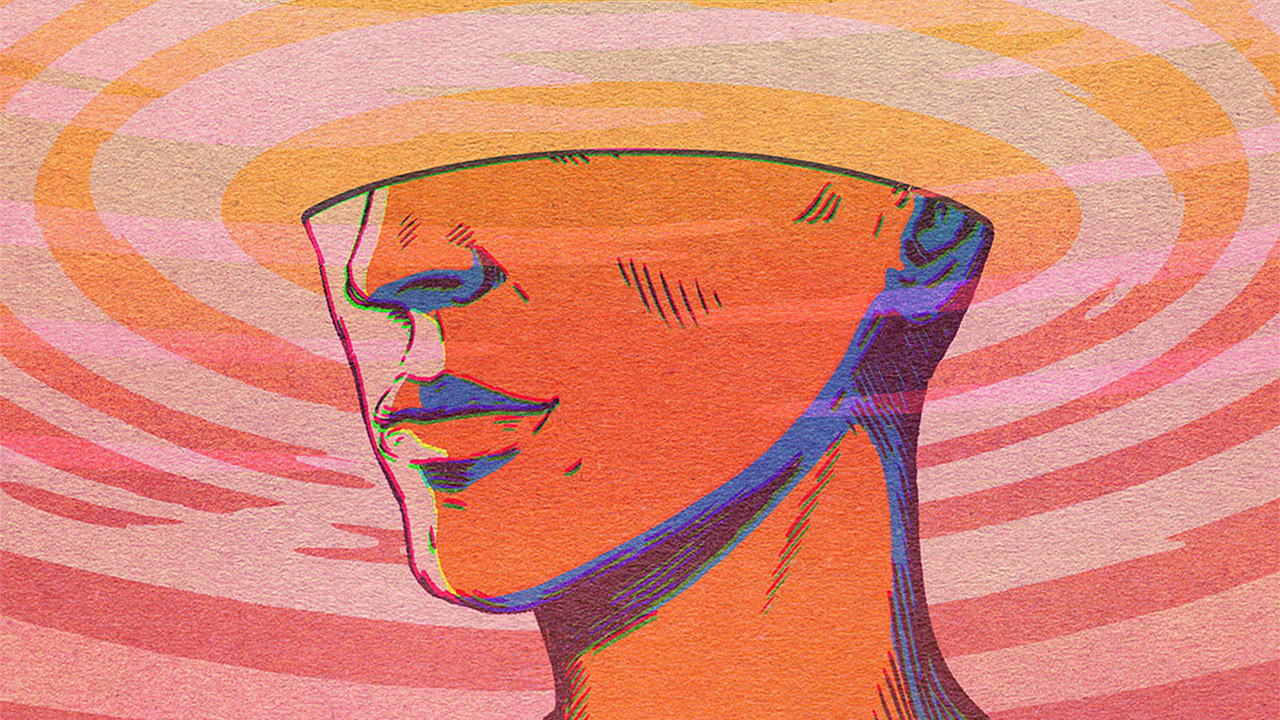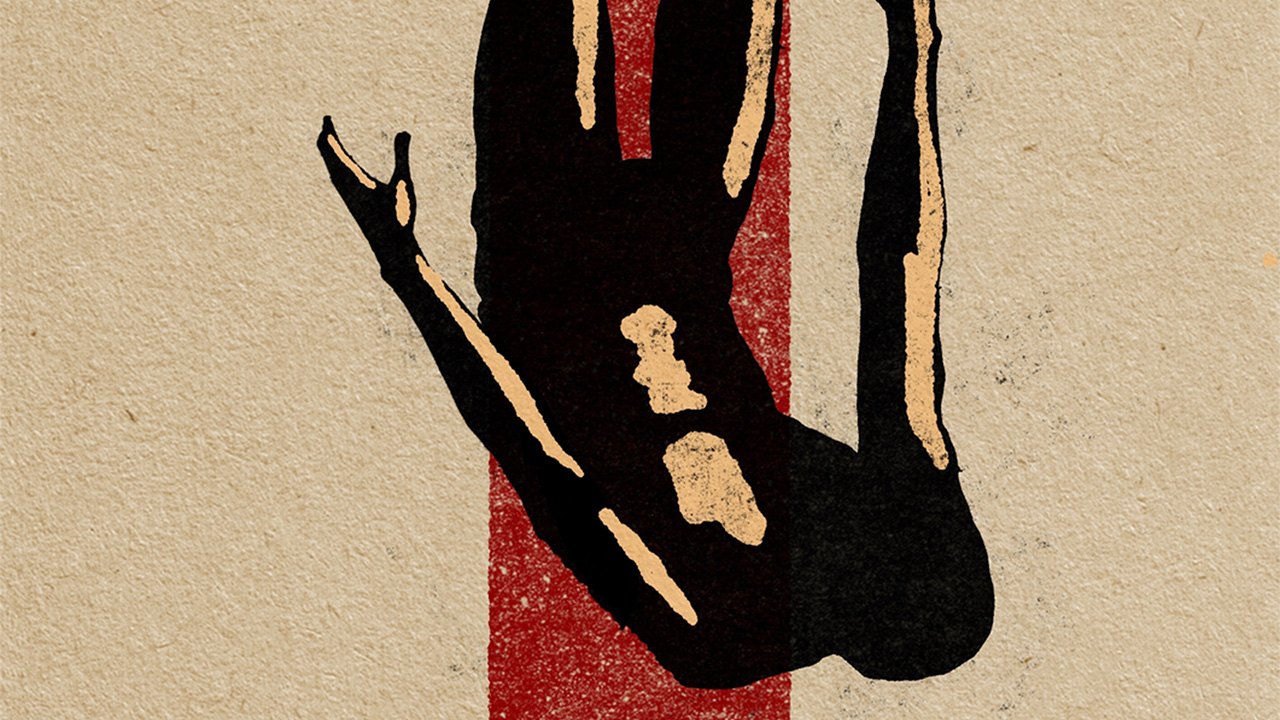This article originally appeared in our monthly email issue. Subscribe for full access to Common Good print and digital reads now for just $25 per year.
from the editor
Several months ago, I talked with Leslie Schilling, registered dietician and nutrition therapist, about her work to clear misconceptions about food, weight, and dieting. You can see the conversation in issue 13 of Common Good. “As the expert, do influencers make your job harder?” I asked her. Her answer was a resounding yes.
“I spend half of my sessions talking about this,” she told me. “Please don’t listen to that person on TikTok that’s demonizing an ingredient in one video and then saying it’s okay in another because the ingredient is listed by a different name, and they don’t really know the difference.”
If you’ve followed advice that seemed to come from an expert on the topic yet did not end up with positive results, how do you know who to trust?
It’s complicated. And the problem is larger than social media.
Last month, the New York Times reported an overall growth in distrust in science: “According to new survey data, 69 percent of Americans this past May said they had confidence in scientists to act in the public’s best interest, compared with 86 percent of Americans who told the Pew Research Center in a similar survey that they had confidence in scientists in January 2019.” A decrease of 17 percentage points in Americans’ confidence in the field’s experts in just four years is significant.
What do Christians make of this? This month, Made to Flourish President Matt Rusten considers the question. There is a case for specialists, because, “though fallible, [they] have the greatest likelihood of leading us to what is true,” he writes. — Sarah Haywood, managing editor of Common Good
I don’t know if you’ve been paying attention, but it’s a difficult time to be labeled an “expert.”
Some people hear appeals to trust experts with an inner eye roll. They believe experts are not to be trusted, and should never be followed blindly. Others believe it is foolish and arrogant to question experts. After all, how can reading a few articles online or listening to a podcast qualify someone to invalidate professionals who know their fields inside and out? Still, others are trying to wrap their minds around how we as a society have come not merely to distrust experts, but believe that in many cases we are smarter than them.
Public trust in experts in many fields has been eroding for some time.
Anecdotally, you can think of the person who walks into the doctor’s office confident they understand the ins and outs of cancer or some other rare disease based on having read a few WebMD articles, and who are ready to dispute anything the doctor suggests to the contrary.
The data around the erosion of public trust in experts also extends to fields like economics. An article from the Chicago Booth Review details how average Americans tend to disagree with economic experts, even when those economists share strong consensus around a subject; and more noteworthy, average Americans are not likely to change their minds after hearing an economist’s viewpoint.
It is difficult to sort out the cocktail of influences on why so many individuals distrust experts. Perhaps it is the American individualistic spirit at work. Maybe we believe that blind trust makes us appear naive or gullible. Others might say their life experiences lead them to be suspicious. Whatever the reason, the very idea of expertise is off-putting to many people.
The Case for a Specialist’s Opinion
Instead of using the evaluative category of pronouncing someone an “expert,” with its connotation of a person being infallible and there being undisputed consensus, we might use the more descriptive category of “specialist.” This term implies someone who has devoted himself or herself to learning a field of study, but without some of the elitist connotations that have come to be associated with “expert.” This would have a few useful benefits, both giving us greater confidence in the views of specialists while at the same time leaving more room for dispute.
Consider the works of medical doctors. If your primary care physician suspected that something was wrong with your kidney, they may have an inkling of what the problem might be, but they would almost certainly refer you to a specialist. A nephrologist, with advanced degrees and thousands of hours of encountering kidney issues, would be most equipped to discern what the problem was. It would not be arrogant to say the first doctor was not the best suited to comment on the problem, and we would give more weight to the viewpoints of the specialist than the generalist. We easily understand this preference for specialists in the medical field.
On the other hand, an appeal to prioritizing the views of specialists would also leave room for dispute. To return to the example of the nephrologist, depending on the seriousness of the illness or the severity of the treatment recommended, you might request a second opinion from another specialist. In doing so, you wouldn’t be so much distrusting the specialist as trying to discern if there was consensus among specialists — you would be weighing their informed opinions in relation to one another.
Seeking out specialists may not lead to certainty, but it could lead to proper confidence and, correspondingly, trust.
A Model for the Way Forward
There are at least two vital practices by which thoughtful Christ-followers might model a way forward: 1) acknowledging the limitations of our own competencies, and 2) employing shrewd wisdom in recognizing when specialists step beyond their bounds.
Seventy years ago, C.S. Lewis modeled these practices in an instructive way.
Lewis was asked by the principal of Westcott House, Cambridge, to respond to a growing viewpoint among certain theologians that the miracles of the New Testament were not accurate accounts of history, and that the New Testament itself was, in literary form, closer to what we might call a legend or romance. And so, Lewis set out to respond to these concerns in “Modern Theology and Biblical Criticism.”
First, he confesses to his readers that he is not writing as a trained theologian — that is to say, he acknowledges the limitations of his competency to write on the subject.
I used to think this was a bit of false humility coming from Lewis — wasn’t Lewis qualified to speak about theology? Now I see it as a simple statement of truth. He was not a theologian but an English scholar; he was asking his readers to remember that. This is a remarkable example of self-awareness about the limitations of his competencies, rarely seen in today’s discourse.
Secondly, he used this same reasoning to undercut the views of the trained theologians who studied the biblical text, but who had no particular expertise in different forms of literature — they did not perceive the ways they were stepping beyond their specialization. In Lewis’ words:
Whatever these men may be as Biblical critics, I distrust them as critics. They seem to me to lack literary judgement, to be imperceptive about the very quality of the text they are reading. … If he tells me that something in a Gospel is a legend or romance, I want to know how many legends and romances he has read, how well his palate is trained in detecting them by the flavour; not how many years he has spent on that Gospel.
Lewis wasn’t likely to believe the theologians’ pronouncements that the Gospels were something like legends, because he believed they had no particular specialty in reading and recognizing legends.
This example is a stark reminder that specialists often subtly and almost imperceptibly can move from talking about their own specialty into an area where they no longer have any particular expertise.
It’s what happened when Richard Dawkins, the brilliant world-renowned scientist, moved away from evolutionary biology to write a book about religion and philosophy. It happens every time a climate scientist speaks as a specialist on CO2’s impact on the environment but then bridges to discuss a particular economic impact decades into the future. It happens when pastors move from preaching on a biblical text about parents and children, and suddenly begin speaking on matters that are better handled by a child psychologist. It happens when a semi-famous doctor of osteopathic medicine writes articles and makes videos acting as if he were an epidemiologist. In each case, a brilliant, well-qualified professional begins to speak in an area where they are no longer a specialist. And each time, scores of people mistake generalists for specialists.
Two Reasons to Seek the Truth
As readers and listeners who are called to seek wisdom and discern truth, we ought to seek out specialists when trying to learn about a difficult subject, be interested in how much consensus there is among a large number of specialists in the subject, and stay alert to times when specialists migrate into areas in which they no longer have expertise. There are at least two reasons why people of faith should consider these practices.
First, recognizing sphere sovereignty is the most reliable place to begin to pursue knowledge.
There is the ongoing influence of Abraham Kuyper and his notion of sphere sovereignty — the idea that each sector or professional sphere has its own distinct competencies and authorities, and that no one sphere has sovereignty over another sphere.
To acknowledge the validity of sphere sovereignty is to recognize the legitimate, though not infallible, authority of each sphere, knowing there are rigorous standards within each sphere of knowledge by which ideas are hypothesized and then tested over a long period of time by a community of specialists embedded in institutions.
Ask a theologian about the idea of the trinity, a physicist about quantum mechanics, or an epidemiologist about herd immunity, and they will likely be able to point to current debates, settled and agreed upon ideas, historical controversies, reasons for their convictions, and levels of consensus in their fields.
The specialization inherent in each of these vocations is nearly impossible to approximate from generalists or, worse, from those entirely outside the sphere. We might approach with caution anyone who brings critique from outside of a given sphere. It’s not that there are no historical examples of an outsider bringing a new critical insight — only that outsiders aren’t subject to the same level of peer-reviewed scrutiny to truth and sheer exposure to the most relevant information, so caution is reasonable.
Again, if I am having heart problems, I want a cardiologist to speak to my situation, not a dermatologist — still less an article from a journalist. Specialists, though fallible, have the greatest likelihood of leading us to what is true.
Second, there is an ethical, formational reason why Christians of maturing faith should give credence to specialists to discern what is true: It leads us toward humility.
Most of the convictions we hold and truths we believe are not based upon our own independent research. We daily rely on the opinions and insights of specialists. The fights we are tempted to pick with our neighbors or colleagues usually rely not on our own lifelong pursuit of knowledge but the minimal gathering of insights from a handful of sources we trust. On most issues, most of the time, we would do well to remember we are speaking as amateurs.
I also believe there is a practical application for local churches who are seeking to not only model the way of Christ but also be a redemptive voice and model in their communities. Churches might do well to highlight the voices of members who themselves are specialists in their work, bringing insights in areas from child psychology to dietetics, from neuroscience to macroeconomics. And pastors themselves might mimic C.S. Lewis by naming the areas in which they are not experts, but pointing to areas where they are specialized.
Using the category of specialization may never lead us to the dogmatic certainty we long for, but it may bring us to a more stable place — convictions that are rooted in humble confidence — a worthwhile ambition for the church to model to a watching, polarized world.





